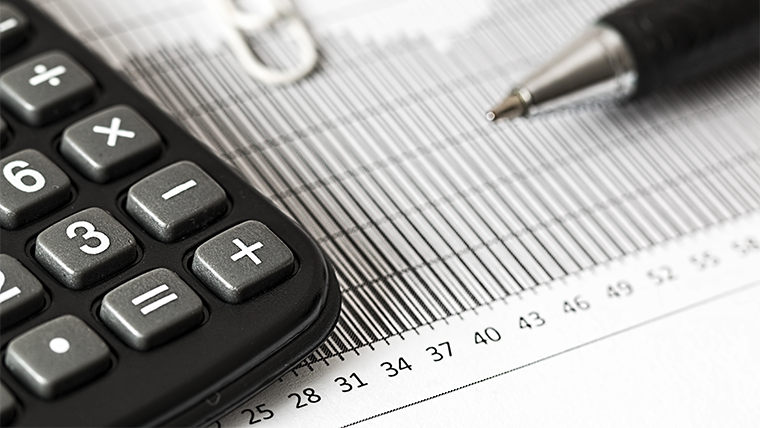
| 

The value of digital ID verification is well known and proven by and for governments, border agencies and large financial institutions. In terms of national and financial security, robust ID checks keep whole populations and economies safe, in a very real way. What is perhaps not so well appreciated is the actual economic value that digital identification brings with it.
The ongoing global health crisis is highlighting to a perhaps unexpected extent exactly how valuable digital ID and ways of its verification can be. Latest research by international economists, however, is shedding some light on exactly that. Governments of both developed and developing countries should take heed of their findings.
Unlocking Potential Economic Activity
Governments place a great deal of importance on their individual countries’ gross domestic product (GDP). This is perfectly understandable, as GDP represents, according to Wikipedia: “… a monetary measure of the market value of all the final goods and services produced in a specific time period”. Other national economic indicators may be obtained from this base, but GDP is regarded as the very best indicator of the health of any nation’s economy.
A recent report by esteemed global economic think tank McKinsey Digital was based on a study of what it considered to be seven of the world’s most indicative economies; they were Brazil, China, Ethiopia, India, Nigeria, the UK, and the USA. The report found that, across these nations, between 3% and 13% of hidden, potential economic activity could be realized by better digital identification.
These figures are extremely important, for many reasons. Any responsible government wants economic prosperity for its citizens; if this can come without having to rely on outside help, so much the better. In effect, the McKinsey report shows that each of these countries has its own, untapped, natural resources.
Inclusive Benefits of Digital ID
If this in itself was not good enough news for citizens in these countries, even better news is that those economic benefits can actually be realized by individuals who have a “good” digital ID. Perhaps more than any other recent technological development, McKinsey Digital reports that up to half of the economic benefit of national digital ID improvement will find its way to individual citizens and their families.
This proportion is far higher than any other major infrastructure investments, which tend to benefit people in certain geographical locations within a country. If, for instance, a new road project is announced, only those living proximity to the services to which it gives access will feel any benefit; this is especially true in large countries like Brazil, India and the USA.
Investment in digital infrastructure, however, can literally benefit any citizen who has the ability to access and use it properly. This can make any individual a customer, supplier, worker, entrepreneur, taxpayer, tax beneficiary, participant in civil society, or asset owner.
Privacy and Other Concerns
Of course, with the adoption of digital ID in wider society always comes the need to protect individual privacy. Issues of civil and human rights need to be rigorously addressed by governments keen to improve their citizens’ access to digital services. It is to be hoped that confidence in secure online checking systems will help administrations make the right choices.


